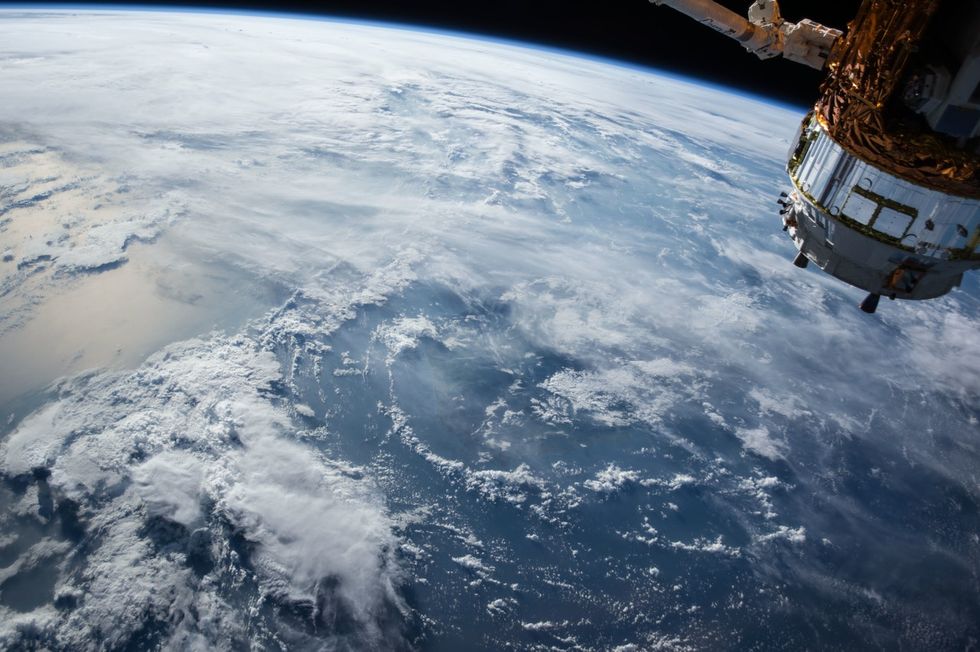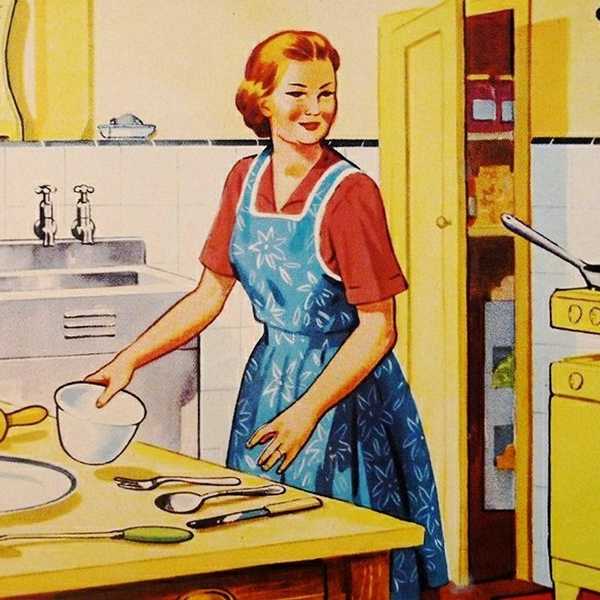Civil rights has long been considered one of the major forces for American social change, righting the wrongs of our society. Civil rights can be seen not only within a specific country but also on a global spectrum in which controversy spikes over the basic human rights of individuals. An argument written by journalist Naomi Klein, known as "Fences of Enclosure, Windows of Possibility," describes the opposition of globalization and gives supporting facts of the misuse of fences both virtual and unvirtual, misuse of natural resources, mass privatization, and social exclusion. By delving deeper into the subjects of civil rights and globalization, one may define civil rights as the rights of citizens to political and social freedom and equality. On the other hand, globalization is a process of interaction and integration among the people, companies, and governments of different nations, a process driven by international trade and investment and aided by information technology. Klein studies the economic struggles of Argentina and other countries and the social battles caused from the privatization of resources: "And there is a fence that goes up around the very idea of democracy when Argentina is told it won't get an International Monetary Fund loan unless it further reduces social spending, privatizes more resources and eliminates supports to local industries, all in the midst of an economic crisis deepened by those very policies. These fences, of course, are as old as colonialism."
Klein presents a valid example of the growing problems produced by fences in Argentina. Both Argentina and the Democratic contenders in the national convention possess the power to alter the rights of individuals and the materials in which they can or cannot own. Therefore, civil rights can be seen on a global spectrum as these rights are for every individual and should be given the opportunity to have such rights. During a key turning point in civil rights for the United States known as the societal uproar for equality among African Americans and whites, one can recollect that a majority of the states in our nation attempted to maintain the inequality between races, deeming fit that in order to keep racial inequality in the country they will harm individuals in any way. Throughout her piece, Klein describes that social interaction, both virtual and unvirtual fences, and rights of an individuals are intertwined: "All these fences are connected: the real ones, made of steel and razor wire, are needed to enforce the virtual ones, the ones that put resources and wealth out of the hands of so many." Klein justifies that each fence is meant to reassure the other, in order for the superior to keep control of the people and the environment.
Both virtual and unvirtual fences are meant to reassure the other, and without one, the other cannot justify the other, whether it be building a physical fence to keep immigrants out of a specific country, or a block on a computer to keep individuals "safe" from profanity. Klein explains in her piece that globalization harms individuals rather than helps them, creating barriers between the people and those of a higher power that create these virtual and unvirtual barriers. In "Fences of Enclosure, Windows of Possibility," Klein states a key point in her piece that the public is restricted not only from public information they have a basic right to, but a physical restriction from certain areas or materials in which their superiors control: "And that's when they come face to face with distinctly unvirtual fences, the ones made of chain link and razor wire, reinforced with concrete and guarded with machine guns." It gives a primary example of the downfall of fences and the effects that physically harm human beings in "globalization," or the interaction and integration among people, companies, and governments, as the superior beings will go to any measurement to keep the virtual and unvirtual fences in place.
Due to unvirtual fences restricting the rights to individuals, these individuals do not have a choice but to physically act upon their beliefs resulting in violence against their superiors. Not only does globalization occur throughout the world, but it maintains the process of interaction and integration among the people, companies, and governments in movements pertained to civil rights and social change that can be used within a social system or particular country, such as the Civil Rights Movement in the United States. The more "fences," or limitations, the more individuals are controlled in a societal or global perspective, resulting in the idea of "globalization" realistically harming individuals. Klein describes her theory or idea in the text explicating the results of "fences" and their physical harm on individuals who are subject to such abuse: "Whenever I hear the phrase 'free trade,' I can't help picturing the caged factories I visited in the Philippines and Indonesia that are all surrounded by gates, watchtowers, and soldiers- to keep the highly subsidized products from leaking out and the union organizers from getting in." Klein infers that globalization does more harm than good, in turn increasing the barriers between the people and their basic human rights.
Although Klein is pessimistic over the causes and effects of "globalization" such as the misuse of money within countries caused by an overspending on private security and the military, she states that the causes of globalization far outweigh what the idea, known as the process of interaction and integration among the people, companies, and governments of different nations, a process driven by international trade and investment and aided by information technology, can offer on a global spectrum. Civil rights continues to be considered a major force for social change, not only within a specific country but now on a global spectrum, attempting to proceed to right the wrongs of our society and allow individuals to have their basic human rights in society.



















